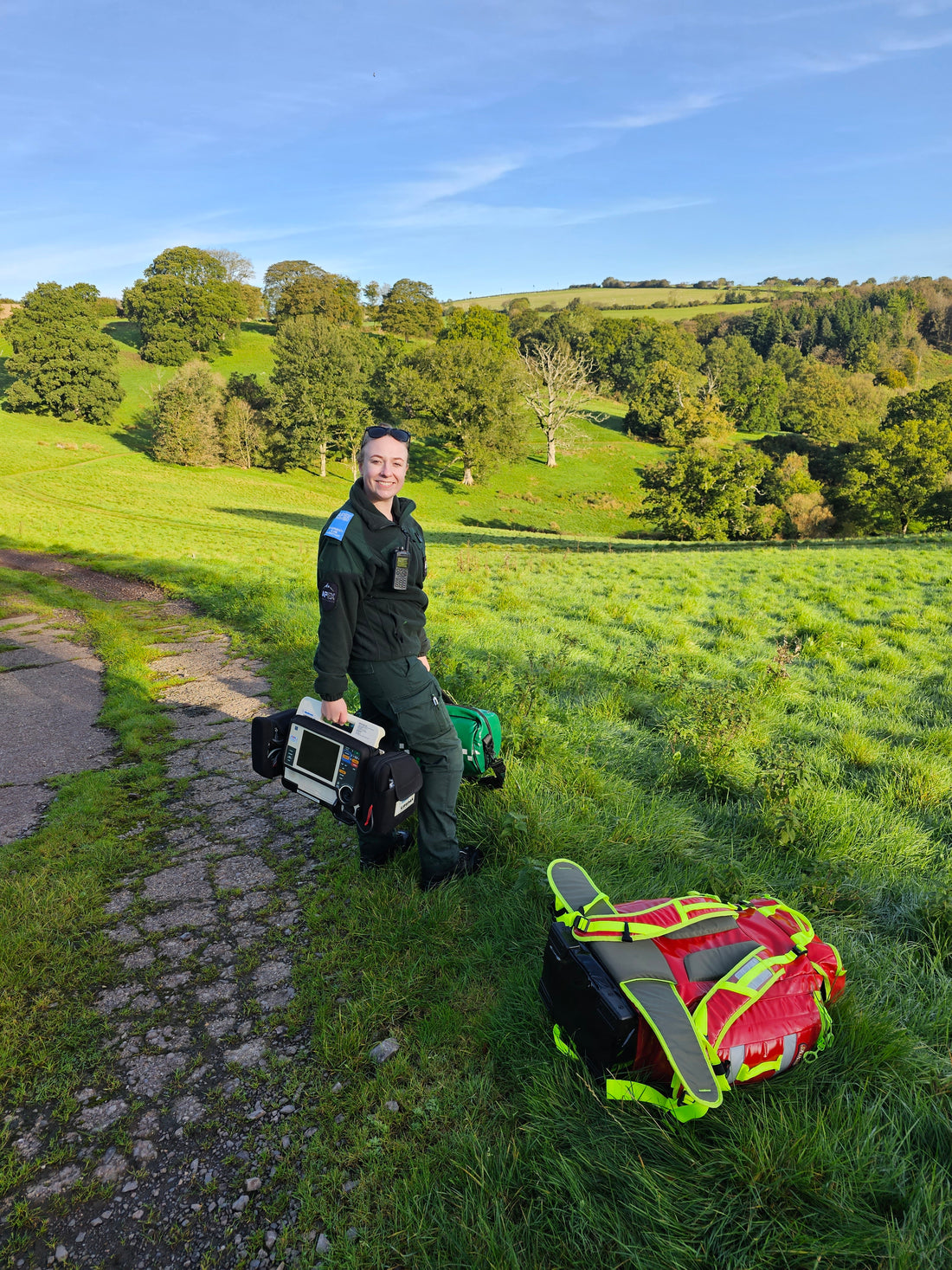
What is a Associate Ambulance Practitioner?
Share
Have you ever wondered what an Associate Ambulance Practitioner (AAP) does in the healthcare field? Let's dive into the details of this crucial role.
What is an Associate Ambulance Practitioner?
An Associate Ambulance Practitioner is a healthcare professional who works alongside paramedics and ambulance crews to provide essential medical care and support to patients in emergency situations. They play a vital role in the pre-hospital care of patients and assist in transporting them to medical facilities for further treatment. Associate Ambulance Practitioners work at a similar scope of practice to the old Emergency Medical Technician qualification.
What are the Responsibilities of an Associate Ambulance Practitioner?
An AAP is trained to assess and treat patients with a range of medical conditions, from minor injuries to life-threatening emergencies. They are responsible for administering medical care, monitoring vital signs, giving medications and assisting paramedics in delivering advanced medical interventions. AAPs also play a key role in ensuring the safety and well-being of patients during transportation to healthcare facilities.
How Does One Become an Associate Ambulance Practitioner?
To become an AAP, individuals must undergo specialized training and certification in pre-hospital care. This training includes theoretical knowledge and practical skills in areas such as anatomy, physiology, medical emergencies, drug administrations, airway management and patient assessment. AAPs must also demonstrate competence in clinical practice and adhere to professional standards of conduct and ethics.
What is the Importance of Associate Ambulance Practitioners in Healthcare?
Associate Ambulance Practitioners play a crucial role in the healthcare system by providing timely and effective care to patients in emergency situations. Their expertise and skills help to stabilize patients, alleviate pain, and improve outcomes during critical moments. AAPs work collaboratively with paramedics, nurses, and other healthcare professionals to ensure the best possible care for patients in need.
In conclusion, Associate Ambulance Practitioners are highly skilled clinicians who contribute to the delivery of high-quality emergency medical services. Their dedication, knowledge, and skills make a significant difference in the lives of patients and their families during times of crisis.
